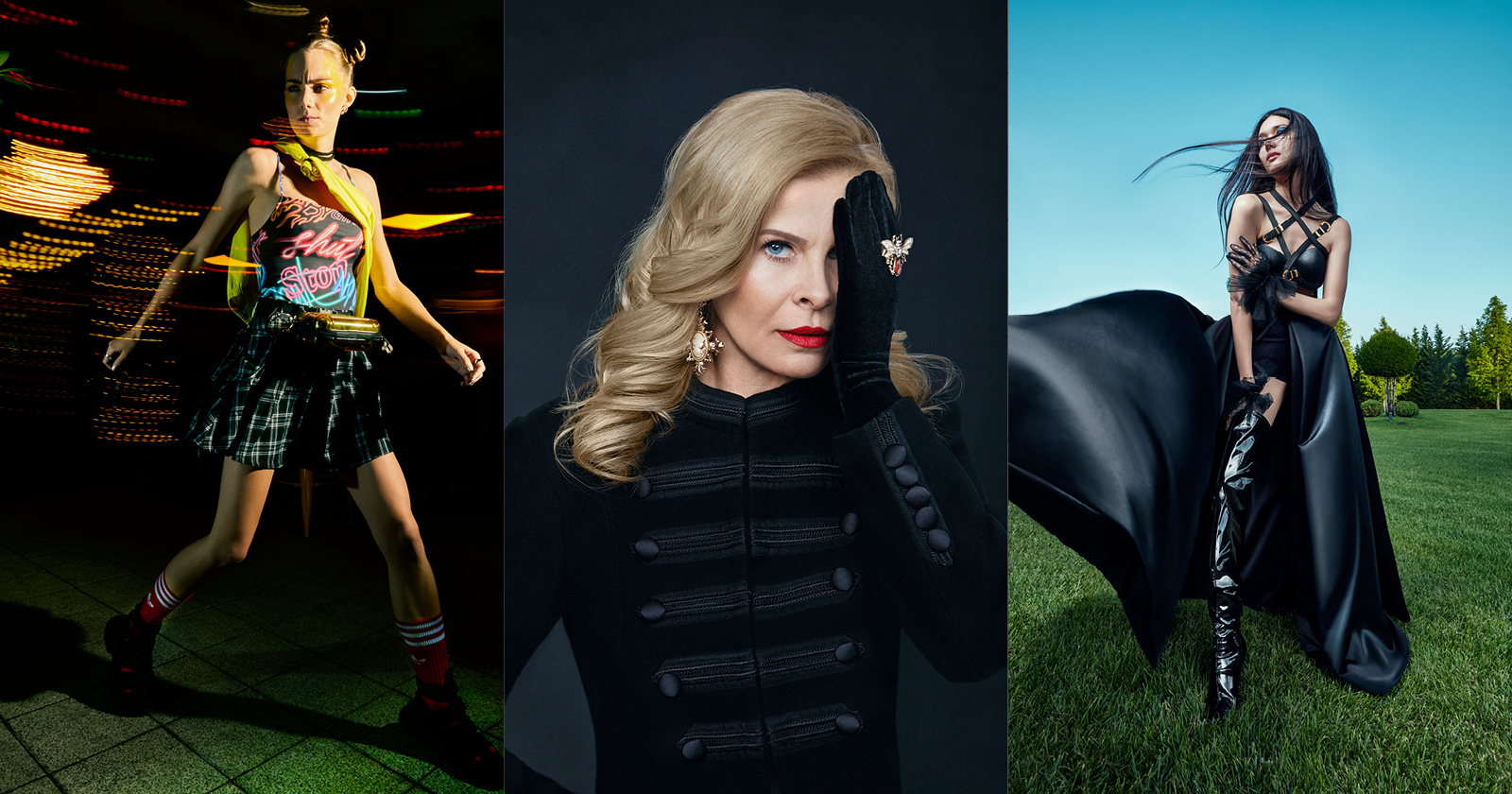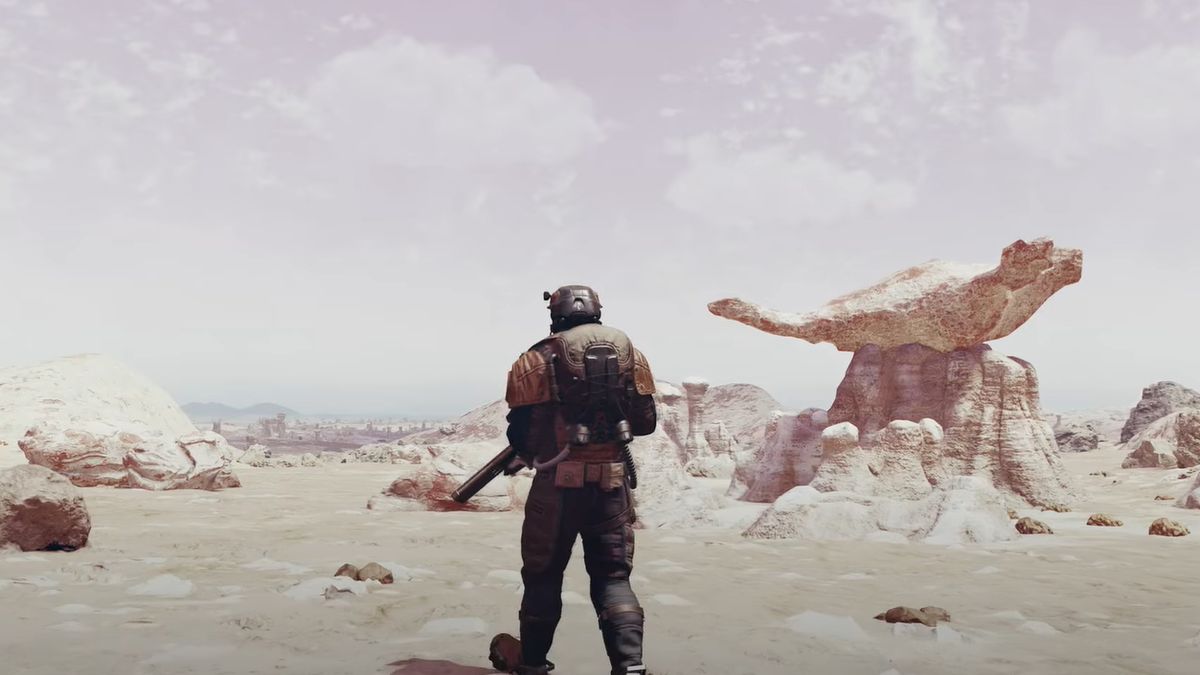
What are the ingredients of a fashion photograph? This question may be rarely asked, yet it’s an important one to think about. After all, is fashion photography really about the technicalities, or is it about content?
You can argue that all fashion images are made of photons, and you would be absolutely right. In fact, every image is made of photons. However, if we zoom out from the basic micro level, we need to consider the content of fashion images. That content is what you see in the image, what the image makes you feel, and what experience the image creates.
Ingredient #1: Great Styling
Fashion imagery is impossible without… fashion. Obvious, right? You need to understand the style and societal impact of the clothes you’re photographing. The style dictates what the image will look like.
You need to get acquainted with stylists in town and always strive to work with better and better stylists. Of course, you won’t get the best ones right away, but you can always reach out over and over again. No one would spam if it didn’t work.
Albert Watson, one of the world’s preeminent fashion photographers, says often that when people look at fashion photography they react to the clothes, not to the image itself. No matter how good your technicalities are, if it’s an outfit from H&M or some other mass-producing fast-fashion retailer, the image will likely look boring. However, if it is an haute couture dress by someone like Dutch fashion designer Iris van Herpen, your image will probably look rather interesting.
Aim to have interesting and relevant clothes. In case you need inspiration, pick up a recent edition of Vogue. It is bound to have something to get your creative juices flowing.
![]()
Ingredient #2: Great Lighting
In order to show the great styling that your stylist is bringing along, you need to be aware of fashion — in a photographic way. For example, you need to know in meticulous detail how to light certain fabrics. Satin and chiffon are two fabrics that will behave differently under the same lighting.
You don’t want luxurious fabrics with exquisite tones showing up in a photo as something tasteless and cheap. Not only will that make your stylist very unhappy, but you will also think that you can’t capture what you see.
The trick is to understand that we see texture and color because it interacts with light. If you can replicate the light you see, or create light that further highlights the clothes, you will be satisfied with the results. Learning how to light fabric and clothes is paramount to achieving great fashion images.
There isn’t such a thing as a one-stop lighting solution for fashion. No single setup is good enough for that. In fact, I believe that adherence to specific lighting setups is nonsense that can confuse newer photographers and keep them from progressing. They are simply someone’s idea of what lighting should look like.
I encourage you to be unique and find the light that you like. That, however, will only come if you know light well.
![]()
Ingredient #3: Great Energy
Above all, a good fashion photo needs energy. The energy of the photo is perhaps what separates excellent images from great images. I noticed that excellent images have something magical about them, and it’s different with every image. However, they all just have energy, which provokes a response in the viewer.
You should always aim to capture the energy on set. If there is none, be the energy. Infect your crew with it.
![]()
Closing Thoughts
You can always work upward and better to achieve great styling and lighting. In fact, if you never stop being curious and explore the art you truly love, you will achieve great lighting and work with some incredible stylists. However, to take things above and beyond, you need to have energy. The image needs to have something magical, something that moves people.
It is only up to you to put your heart and soul into the creation. Your crew, audience, and clients will know if you truly have.







